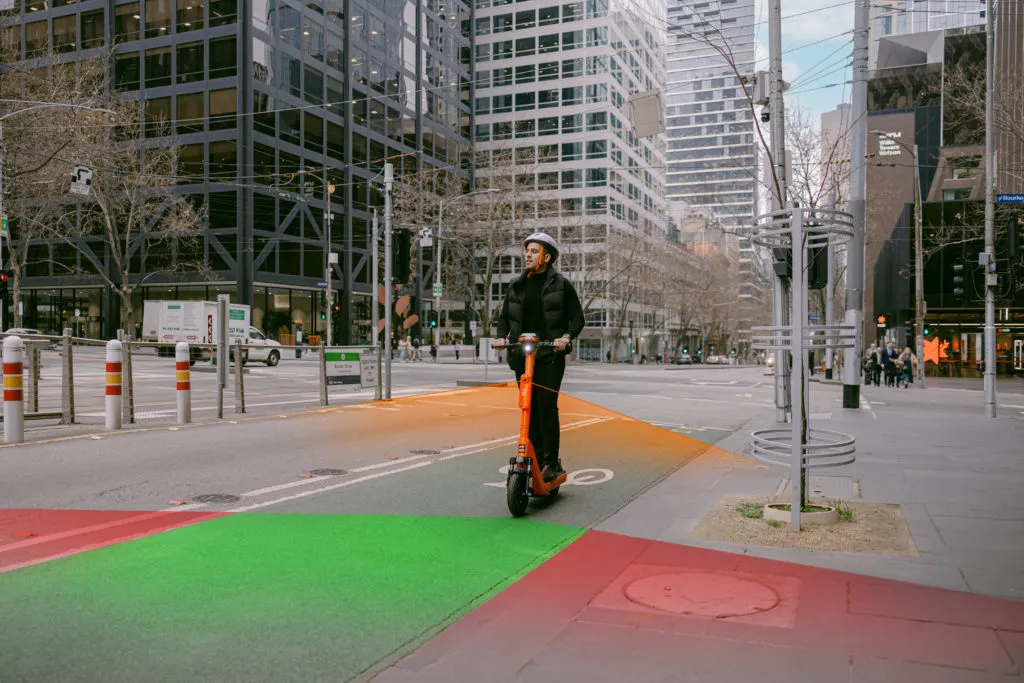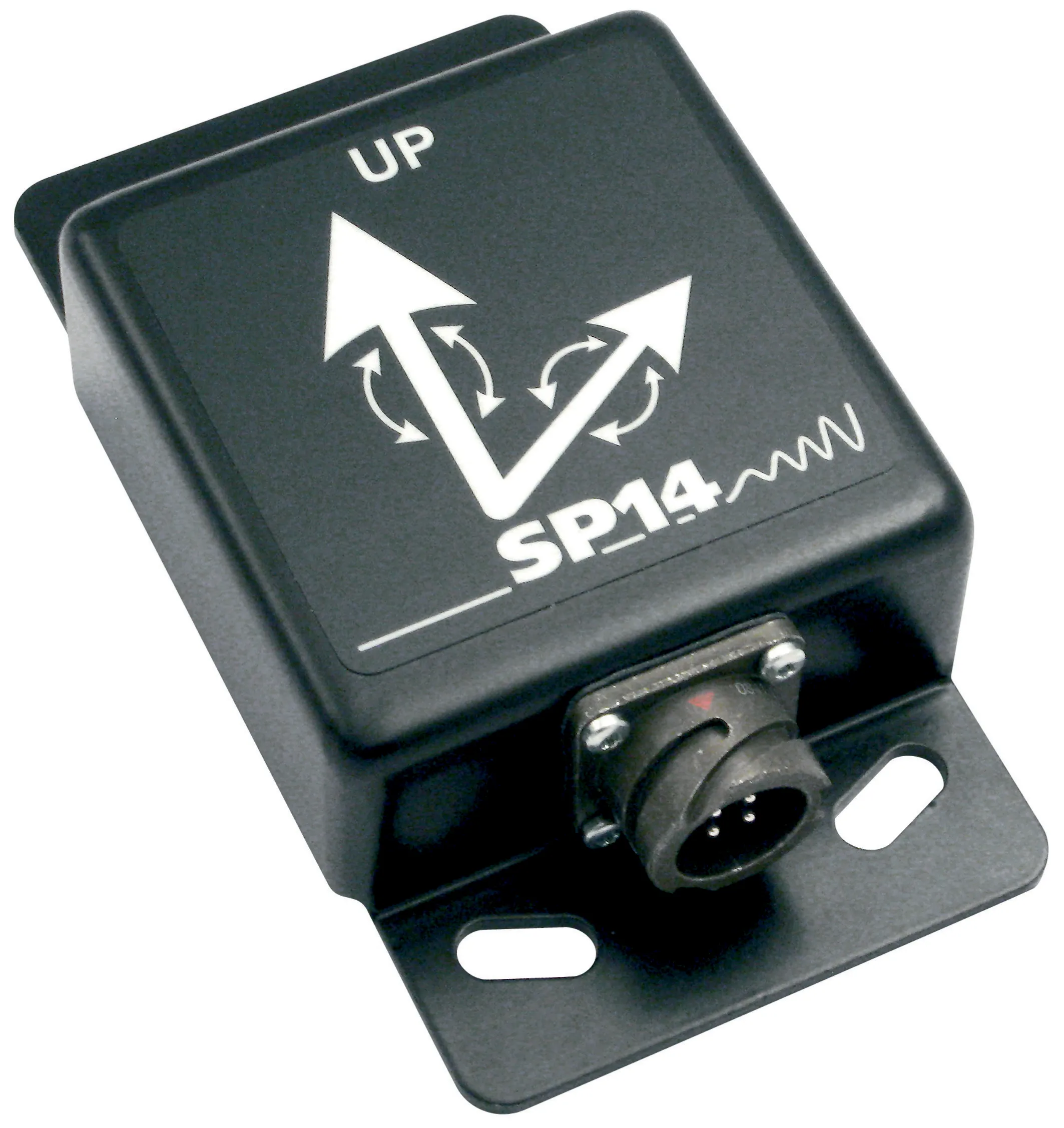
Neuron has said that its scooters could in future have the capability through its ScootSafe Vision camera system to collect data on road surfaces, including potholes.
The Singaporean maker of e-scooters said this could help map potentially hazardous areas and set speed limits throughout the riding areas, while also providing councils and road agencies with useful information for urban planning.
The company recently announced that will soon launch the ScootSafe Vision camera system across its entire 1,250-strong fleet in Melbourne, Australia. ScootSafe Vision system was tested in Melbourne over the past six months, covering over 30,000km to train the technology to recognise the city’s streets and footpaths.
The company said that every Neuron e-scooter will be equipped with a front-facing camera that uses “artificial intelligence computer vision” technology to detect and correct footpath riding. It will also be used to identify and warn riders of pedestrians in their path and collect valuable data on road surfaces.
The system, which was developed in-house, detects whether an e-scooter is on the footpath in under a second. Offending riders receive a real-time audio alert telling them, “footpath riding detected; please ride on the road”.
There will then be follow-up warnings and educational material. Repeat offenders can also be suspended after their trip. ScootSafe Vision can also be configured to reduce the e-scooter’s speed, effectively forcing riders to leave the footpath.
To further increase safety, the system alerts riders to pedestrians in their path using the e-scooter’s voice guidance that instructs them to “watch out for pedestrians and slow down”.
Neuron also recently launched its safety-first e-scooters and e-bikes in Edmonton in the western Canadian province of Alberta. The contract includes an initial 600 safety-first e-scooters and 200 e-bikes rolled out in the city centre area, the University of Alberta and Old Strathcona.
Neuron partners with the Traffic Injury Research Foundation to promote e-scooter safety and research in Canada. Users can visit Neuron’s online riding school, ScootSafe Academy, for their local riding rules and earn free credits for future rides. The company said that its “safety ambassadors” will also be out in greater numbers during the launch period to equip new riders with the confidence to safely ride and park our vehicles.
With the launch in Edmonton, Neuron now operates in 17 Canadian towns and cities, including seven in Alberta. Riders also benefit from a range of safety innovations including the voice guidance, topple detection, a 911 emergency button and a “Follow my Ride” function for added peace of mind. Advanced geofencing technology will also control where e-scooters are ridden and parked, and how fast they can travel in certain areas.







